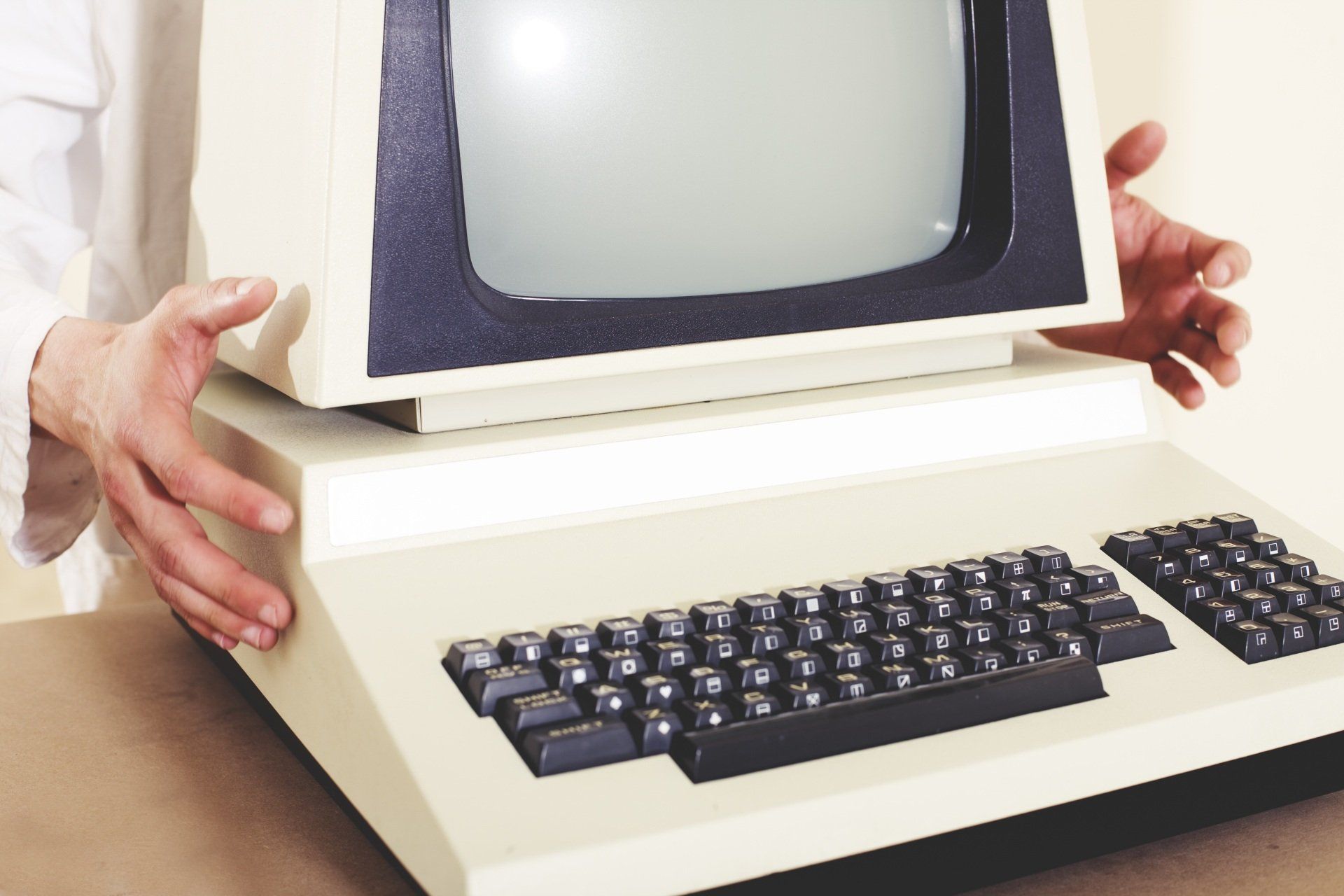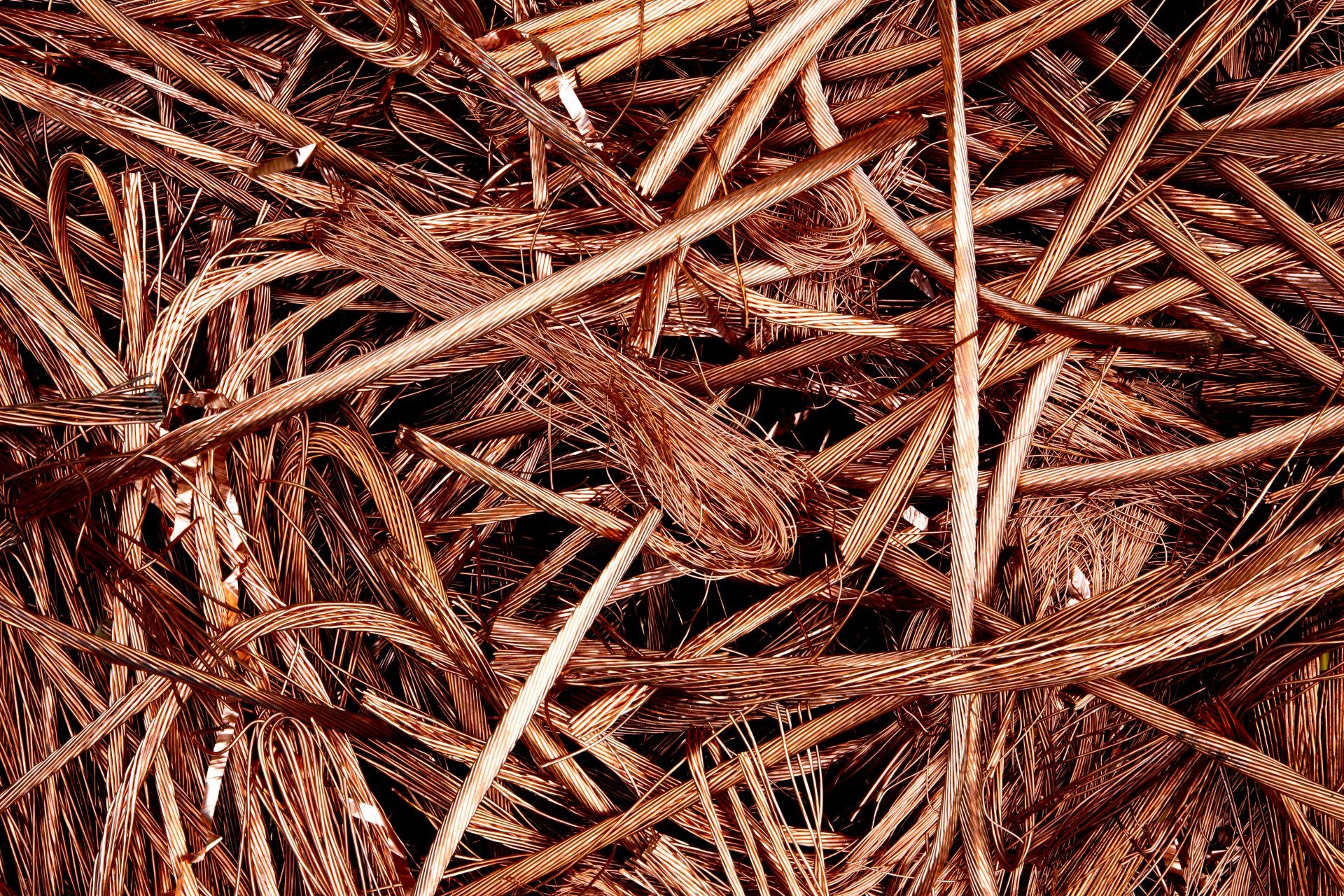The Environmental Benefits of Recycling Scrap Metal
Did you know there are multiple benefits to recycling scrap metal?

Scrap metal recycling is an essential process that not only benefits the economy but also the environment. It is a sustainable and eco-friendly way of disposing of metal waste and reducing the need for new metal production. In this blog post, we will explore the environmental benefits of recycling scrap metal.
-Reduces Energy Consumption
The production of new metal from raw materials consumes a significant amount of energy. Recycling scrap metal saves energy and reduces the amount of energy needed to manufacture new metal. According to the Institute of Scrap Recycling Industries, recycling steel saves up to 74% of the energy required to produce new steel. This reduction in energy consumption results in lower greenhouse gas emissions and less use of fossil fuels.
-Reduces Greenhouse Gas Emissions
Greenhouse gas emissions from manufacturing new metal contribute to global warming and climate change. The production of new metal is energy-intensive and produces a significant amount of greenhouse gas emissions. Recycling scrap metal reduces the need for new metal production and lowers greenhouse gas emissions. According to the US Environmental Protection Agency, recycling one ton of steel reduces greenhouse gas emissions by 2.1 metric tons of carbon dioxide equivalent.
-Reduces Landfill Waste
Scrap metal makes up a significant portion of landfill waste. Landfills take up valuable space, pollute the environment, and emit harmful greenhouse gases. Recycling scrap metal reduces the amount of waste sent to landfills and conserves space. According to the Steel Recycling Institute, recycling one ton of steel conserves 2,500 pounds of iron ore, 1,400 pounds of coal, and 120 pounds of limestone.
-Conserves Natural Resources
Recycling scrap metal conserves natural resources and reduces the need for mining new metals. Mining for new metals has significant environmental impacts, including habitat destruction, water pollution, and soil erosion. By recycling scrap metal, we can reduce the demand for new metal production and preserve natural resources.
-Supports Local Economy
Recycling scrap metal supports the local economy and creates jobs. Recycling centers, scrap yards, and metal processing facilities provide jobs for people in the local community. The scrap metal industry also generates revenue and contributes to the economy. According to the Institute of Scrap Recycling Industries, the scrap recycling industry generates $117 billion in economic activity annually and supports over 500,000 jobs.
In conclusion, recycling scrap metal has numerous environmental benefits. It conserves natural resources, reduces energy consumption, greenhouse gas emissions, landfill waste, and supports the local economy. By recycling scrap metal, we can create a sustainable and eco-friendly future while also generating economic growth.
Benefits of Recycling Scrap Metal




